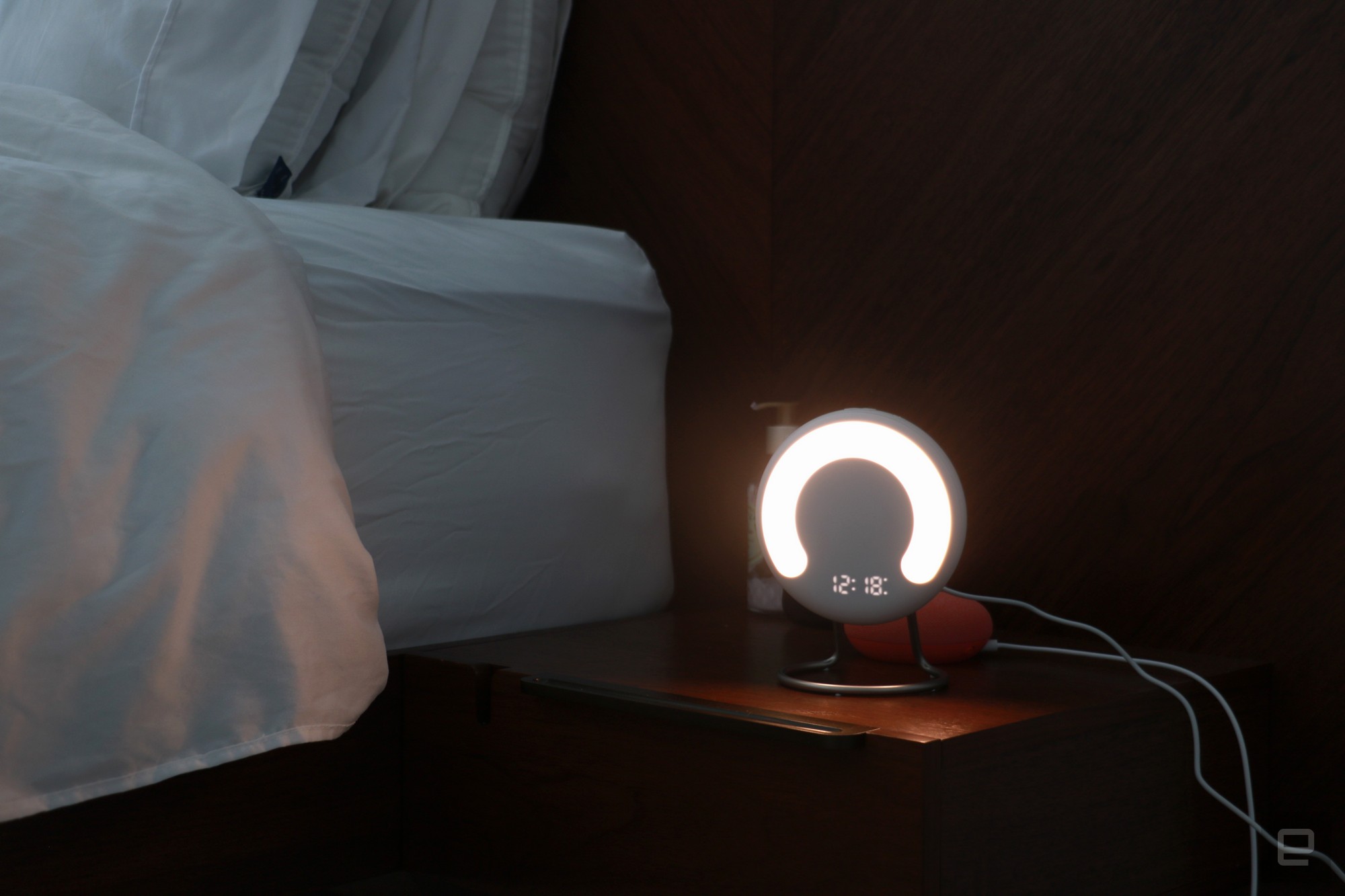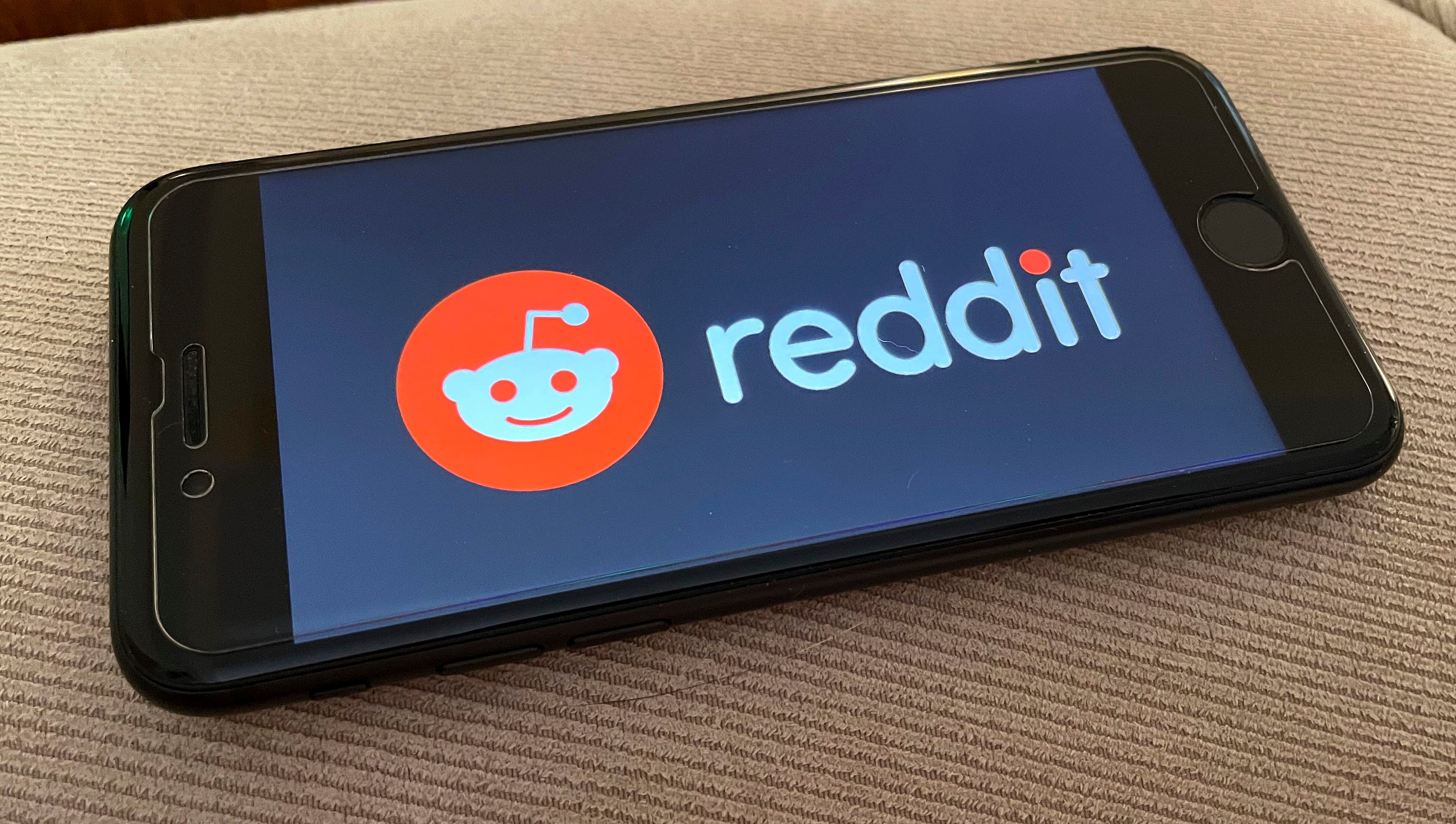The last few years have been, to put it mildly, rough. And 2023 continued to bring sad tidings. Amid the humanitarian crisis that is the Palestine-Israeli conflict, plus increased fears around the credibility and reliability of ai and Elon Musk’s ongoing meltdown, tech’s biggest players also suffered their fair share of losses. This year, we saw the demise of the E3 gaming convention, the deterioration of popular online forums and the decline of cryptocurrencies, Silicon Valley banks and financial institutions. Not to mention the poor neighbors of the Twitter office in San Francisco who had to endure obnoxious, potentially epilepsy-triggering lights flashing from the building. While we can happily say “good riddance” to many of these things, it is with some sadness that we bid farewell and condolences to some of this year’s worst developments.
The X, Twitter and Elon Musk fiasco
No “Losers in 2023” list is complete without mentioning the fiasco that is Elon Musk’s Twitter (or X). Last year, shortly after Musk acquired Twitter, some of us were asked to make predictions about how Musk’s new venture would fare. I felt that it was a high-risk, high-reward move that might work due to Musk’s combination of luck and smarts, based mainly on his previous success heading up Tesla and SpaceX.
However, I also said that Twitter might devolve into the most chaotic social media platform around, which is pretty much what happened. In hindsight, what I failed to account for was that unlike Tesla and SpaceX, Musk doesn’t seem to give a crap about running X like a business and has treated the company more as an expensive toy meant to call attention to the sins (at least in his mind) of social media. And when you combine his increasingly unhinged personality with shortsighted decisions, what you get is an organization in turmoil. So while not all of these things occurred in 2023, here are just a few of the dumbest things that Musk and X have done in the last 18 months.
A little over a year ago, Musk blew up Twitter’s verification system, which promptly led to fake accounts sporting seemingly legit handles doing things like posting an image of Mario flipping the bird, the pope spreading conspiracy theories and more. Then earlier this year in June, Musk decided to block users who weren’t logged in from seeing tweets, which caused Google and others to remove Twitter content from search results. That’s not a very smart move for a company that relies heavily on traffic to generate ad revenue, so it wasn’t a big surprise when Musk backtracked a week later.
But perhaps Musk’s biggest blunder was changing Twitter’s name to X in July, a move so silly that most people continue to pretend like the rebranding never happened. Oh and let’s not forget that the name change was commemorated with a sign that was mounted on the company’s HQ in San Francisco that blinded its neighbors and didn’t have proper permits, resulting in an installation that lasted barely more than a weekend. More recently, citing a rise in hate speech, major companies including Apple and Disney decided to pull ads from X, which later prompted Musk to tell Disney CEO Bob Iger to “Go fuck yourself.” Another clearly wise business move made by a very grounded individual. (That’s sarcasm, in case it’s not clear.)
At this point, it’s hard to imagine how much worse X can get, but given everything that’s happened in 2023, it’s plain that the company formerly known as Twitter hasn’t even hit rock bottom yet. — Sam Rutherford, Senior reporter
Microsoft’s Surface tablet
No offense to the Surface Laptop Studio 2, which is a mighty powerful and uniquely convertible laptop, but this year felt like a low point for Microsoft’s iconic Surface tablets. The Surface Pro 9 hasn’t been upgraded at all since last, so it’s still running either an older 12th-gen Intel chip. There is a 5G-equipped model with a custom ARM-based Microsoft SQ3 chip, but we recommend staying far far away from that thing. And beyond the Laptop Studio 2, we only got the Surface Laptop Go 3 for consumers(the tiny Surface Go 4 tablet is now firmly targeted as business users, it doesn’t even show up on the main Surface site).
It almost seems like Microsoft’s dream of creating a true tablet/laptop hybrid is dead – or at the very least, it’s on pause as the company focuses on shoving its ai Copilot into all of its products. Let’s face it: While the Surface business has earned a bit of money for Microsoft, it’s a pittance compared to what the company sees from its Azure cloud revenue. Instead, the Surface devices proved that Microsoft could produce high-end Windows hardware that occasionally pushed the PC industry forward.
It’s been 11 years since Microsoft announced its first Surface devices, but it turns out most consumers didn’t want to replace their laptops with tablets. Simpler 2-in-1 convertible devices, like HP’s Spectre x360 16, are far less common these days (and notably, they also work best in their notebook modes). And it doesn’t help that Windows 11 is still far from tablet friendly. If you really want to get work done on a slate, it simply makes more sense to get an iPad and a keyboard case instead.
With Microsoft’s Surface visionary, Panos Panay, now at Amazon, there doesn’t seem to be much hope left for the company’s tablet concept. But who knows, maybe the Surface Neo will finally make a return as a true foldable some day. (Remember the Surface Duo, another failure?) A Windows user can only dream. — Devindra Hardawar, Senior reporter

Amazon’s Halo hardware products
Speaking of dreams, mine were dashed by Amazon in July this year when the company pulled support for its Halo line of health-related hardware products. In fact, my sleep itself might have been affected, since I had just gotten used to checking my Halo app each morning to see the amount of rest I got the night before.
Amazon’s Halo division has been plagued with controversy since it launched the screenless Halo wearable in 2020. The device was a barebones activity tracker, but stood out for an opt-in feature that used onboard mics to listen to you speaking and tell if you sound stressed, upbeat or emotional. This caught a lot of attention, with people saying this was akin to Amazon trying to police your way of speaking. Many other reviewers, myself included, were more critical of the fact that, though the Tone feature did flag times when wearers sounded happy or sad, it did not present enough information for that data to be useful.
The Halo app also offered a way for you to use your phone’s camera for a body composition scan. You’d have to enter your height and weight, before stripping down to your underwear and posing for four pictures, showing your front, back and sides. The app would then tell you how much of your body is fat or muscle.
If it sounds dubious, it’s probably because it is. Though Amazon said its “Halo body fat measurement is as accurate as methods a doctor would use—and nearly twice as accurate as leading at-home smart scales.” Spoiler: It wasn’t. I used the Body feature every few months for about two years, comparing it to the bio-electrical impedance analysis (BIA) sensor on Samsung’s Galaxy Watch when that became available. Over time, as my body composition changed, I also got BIA scans at the F45 gym I go to, which uses a more sophisticated machine. Amazon’s scans were wildly off, while the Samsung watch came closer to the data gleaned from the machine at my gym.

All that is to say that Amazon’s Halo products haven’t been great. But that seemed to start to change when the company launched the Halo Rise bedside sleep tracker this year. I loved it for the way it accurately detected when I fell asleep, calculated the different stages I was in (REM, Deep, Light etc) and more importantly how it did all that without requiring me to wear something to bed or install a new mattress. I finally had a feasible way to track my sleep and use that to figure out how hard or easy I should take each day’s workout, along with other activities and stresses.
Alas, that joy was short-lived. Despite Amazon acquiring healthcare companies and clearly investing more into becoming a pharmaceutical provider, it gave up on the Halo business this year. Maybe that’s not such a bad thing, since one good product doesn’t an entire profitable endeavor make. Amazon not having access to my sleep, heart rate, steps and tone is probably for the best, as we contemplate a future where the online shopping giant is also our doctor and pharmacist. — Cherlynn Low, Deputy editor
E3
For as long as I can remember, I’ve been reading and talking about games, but the internet expanded my horizons beyond the confines of the UK magazine industry. In the late ‘90s, at age 13, I started writing (very badly) for a popular game site, covering release dates, special editions and other unimportant things.
Within a couple of years I’d lost interest in writing, but I still hung out in the same IRC channels talking about games with likeminded people. IRC started my obsession with E3 and the Tokyo Game Show; weeks where I’d talk about these huge events with a weird milieu of fans and industry professionals.
In 2000, the fever around Metal Gear Solid 2’s E3 debut was out of this world. The first-person reports from the show were unbelievably positive. When the trailer finally became available to download a few weeks later, it quickly spread across the internet. I can still remember the mix of frustration and excitement as I downloaded it from an IRC bot at 7KB a second to finally get a glimpse of “next-gen” gaming.
MGS2 was peak E3 for me, and in hindsight it was also the moment E3 began to die: Why did I need to read a 1,000-word breakdown of a trailer when I could just download and watch it myself? Why should Konami spend big money on a booth when it could just release a trailer directly to its potential customers?
Back then, I was the only person I knew IRL who was “extremely online.” Now, everyone is. By the 2010s, when I started to attend E3 myself, the role of press and the show had shifted. Nintendo E3 Directs were in full swing, and the big shows from Sony, Microsoft, Bethesda, Ubisoft and EA were all beamed live to fans. Sure, I got to play some games and interview some developers, but that’s something that happens throughout the year now.
E3 remained one of the highlights of my calendar, and there were always some memorable moments — the PS4 and Xbox One reveals were probably the highlight of my in-person years — but by 2019, my excitement was more tied to seeing farflung colleagues and old industry friends than it was the event itself. When the pandemic canceled the 2020 event, it was obviously it would never recover. We’d written about how the industry didn’t need E3 years before.
Summer Game Fest will happen again next year. It will never hit the scale of the show it’s replacing, but I hope that it becomes a strong enough brand to keep the idea of E3 going. There’s still something exciting for fans, and journalists, about a week of gaming announcements to predict and dissect. If more companies spread their events throughout the year, that last bit of E3 magic will be gone. — Aaron Souppouris, Executive Editor
Cryptocurrencies and finance in tech
Much as we pretend mathematics represents an immutable truth, we must remember it’s not without its loopholes. Centuries from now, historians researching crypto may assume humanity forgot that as it decided to substitute math for truth in its entirety. That the prodigies of this world sought to engineer out human fallibility between League of Legends sessions. Uncertain, wooly and hard-to-quantify concepts like “truth” and “trust” would be tossed out in favor of the certainty of pure math. That’s the PR line: The bitcoin white paper describes the virtual currency as a “system based on cryptographic proof instead of trust.” It’s ironic, then, that so many high-profile people who hitched their mast to crypto are either in prison, or are awaiting trial for fraud.
Those same historians may wonder if crypto was merely a vehicle ripe for hijack by unethical types, or if its inherent fraudiness was written into its DNA. 2023 will offer plenty of material to scrub through given the number of figures who wound up face-to-face with law enforcement. Coinbase started the year accused of leaving gaps in its systems big enough to enable fraud, money laundering and drug dealing. Former Celsius CEO Alex Mashinsky was sued and later arrested — alongside the company’s chief revenue officer, Roni Cohen-Pavon. Not long after, Terraform Labs was charged by the SEC for securities fraud after it wiped out $45 billion or so. Bear in mind, this is a year-in-review story, and I’ve only managed to make it as far as February.
Binance, the world’s largest crypto exchange by volume, dominated headlines this year much as FTX had in 2022. Regulators accused it, and its founder Changpeng “CZ” Zhao of deliberately undermining its own controls and processes to not-so tacitly enable users to break the law. Zhou would plead guilty, step down as CEO and pay a hefty fine which enabled the company to keep running. Oh, and we should mention the Winklevoss Twins, their exchange and its partners, who were accused of defrauding investors to the tune of $1 billion. Ironic then, that Ferrari finally decided to try to appeal to the Lambo-and-Tendies demographic by opening up crypto purchases for its cars just as things started to get tough.
Of course, the real loser in all of this has to be Michael Lewis who, with an MA in Economics and experience as a bond trader for Salomon Brothers in one hand, and a ringside seat with Sam Bankman-Fried in the other, managed to miss what was going on at FTX. Lewis has doubled down in support of his latest muse but now that SBF has been found guilty of fraud, it looks like his reputation as the most credible financial journalist of the age is in tatters. — Daniel Cooper, Senior reporter

I’ve been a longtime Reddit lurker, occasional poster and always a first-party app user. But when the drama about the company’s decision to start charging for API access started to unfold in April, my eyes were opened to the wonderful world of third-party Reddit clients. Too bad, though, that the company proceeded to then botch it all.
Because API access was no longer free, many apps like Apollo, RIF, BaconReader and Narwhal had to reconsider their pricing or shut down altogether. Reddit’s policy change didn’t just challenge these apps, which mostly offered superior browsing experiences to the company’s own. It also created problems for clients that were built for more accessible use, rendering them unusable unless their developers ponied up the fees, which could go up as much as tens of thousands of dollars (or, in Apollo’s case, an estimated $20 million a year).
While Reddit did eventually seem to concede that the API fees would shut out some users with disabilities and ended up working with some unnamed developers to give them free access, the company dug in its heels in the wake of public outrage and subreddit blackouts. In the second half of the year, subreddits all over the platform either stopped posting, changed their settings to private or NSFW or dedicated themselves to only putting up salacious images of Last Week Tonight host John Oliver.
Reddit didn’t just ignore the protests and carry on with its planned fees. It went as far as to forcibly take over some communities that went dark, while looking for volunteers to take over certain subreddits that it deemed to have violated its Moderator Code of Conduct.
According to internet analytics company Similarweb in June, Reddit saw a 6.6 percent drop in average daily traffic. We don’t have the latest statistics on how the company is doing now, but I can tell you from personal experience that the first-party app on iOS is a complete shitshow. Like many other Redditors have pointed out before, videos will autoplay unmuted out of nowhere for no reason, while I’ve encountered numerous infuriating bugs, including one where a video on a post was repeatedly going on and off mute while I was also trying to stream Spotify to a speaker. It just sucks.
After the mass subreddit blackouts spawned a bunch of duplicate communities with different moderators, the quality of posts have noticeably fallen, as well. Not to mention the company got rid of trophies and then attempted to bring them back again in a confusing format. Throw in the fact that the community now seems to be a mix of karma-farming bots and commenters who copy and paste the same jokes over and over again, the days of enjoyable Reddit scrolling seem to have come to an end in 2023. — Cherlynn Low
This article originally appeared on Engadget at https://www.engadget.com/techs-biggest-losers-in-2023-170017317.html?src=rss






